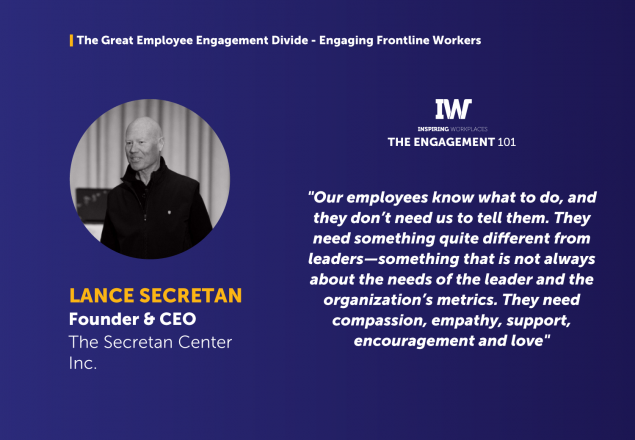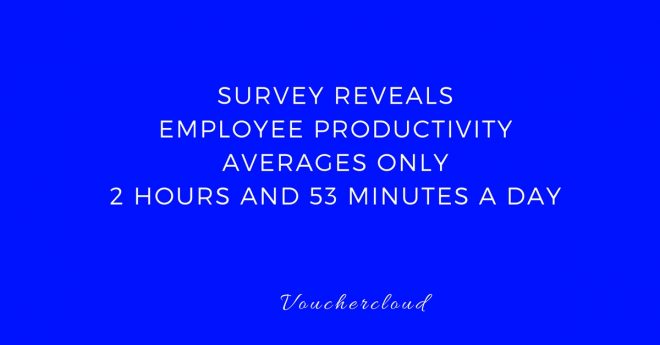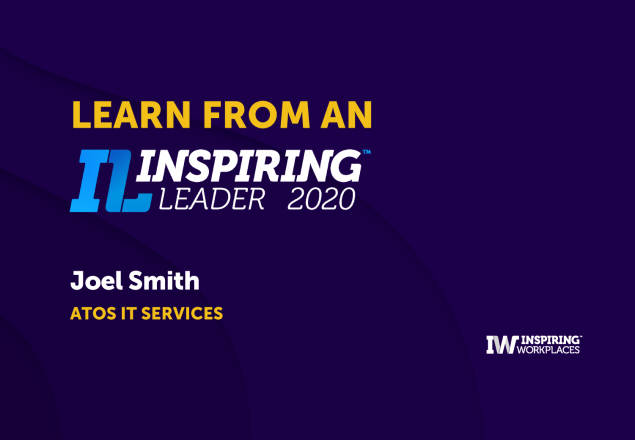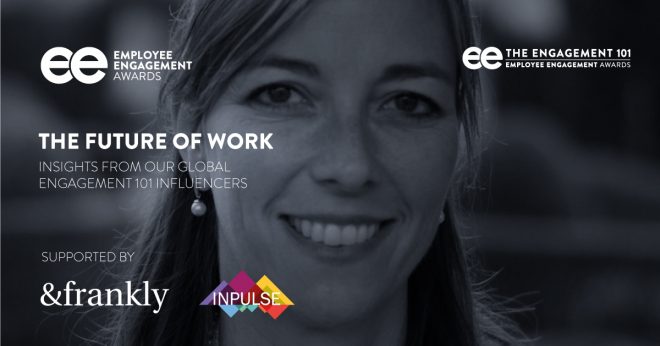
13th February 2024
How changing expectations are making the workplace better

In a rapidly evolving work landscape, purpose is emerging as a critical factor in employee engagement and organizational success. Employees seek meaning and impact in their work, prompting businesses to reevaluate their purpose and foster a sense of belonging. Disengagement costs the economy trillions, urging employers to understand and fulfill employees’ deeper motivations. By aligning individual and organizational purpose, companies can cultivate a culture of meaning and drive collective impact.
This article was written by Lindsay Kohler and published in Forbes:
A staggering 82% of employees believe it’s important for their company to have a purpose — but why does purpose at work matter so much?
Shannon Schuyler, US Chief Purpose and Inclusion Officer at PwC, thinks it has to do with impact. “When you look at the psychology of why individuals find meaning, and why they engage in things that are other than themselves, it’s because they realize they play a larger part.”
Changing times means changing expectations
Reports of en masse disengagement have been prolific in the last year — Business Insider reports that disengaged employees could cost the economy almost $2 trillion. Rather than assuming their people don’t want to work as hard — as Stephen Schwarzman, founder and CEO of private equity firm Blackstone, claimed last fall of his remote workforce — employers would do well to dig deeper into why there is a swell of disengagement.
“People have become more reflective, and the world has become more challenging, and people understand the value of time in a more important way,” says Schuyler.
What this means is that people are more focused on why they’re choosing to do certain things or why they are focused on certain careers. There’s more intent. To some extent, there may even be a feeling that “life is too short to deal with things that no longer serve us.”
For example, the 20th annual Workmonitor report from Randstad found that 34% of surveyed employees say they would quit their job because of a toxic working environment, and almost half (48%) said they would resign if a job “prevented them from enjoying their life.”
Leaders can flip that negative sentiment around and look for the corresponding positive meaning — for example, how they can provide better work/life balance or how to clean up a toxic culture.
“Businesses are realizing that if they tap into that motivation, and provide a sense of belonging, they can become a more distinctive organization. An organization where everyone is moving in the same direction. If we know why we do what we do, our impact can be far greater.”
It’s time to do the hard work of surfacing purpose
Given these shifting expectations, what introspective work is required of both employees and employers? What questions should people be asking about what lights them up, both as a company, but also as an individual?
“It’s not re-evaluating your purpose; rather, it’s stating it,” says Schuyler. When talking about PwC’s own journey in developing its purpose several years ago, Schuyler says, “It wasn’t that we were an organization that for 175 years were without a purpose — we just didn’t define it.” Reflecting on why PwC started doing what they did in the first place, and why it was important 175 years ago, gave clarity to what had simply carried over during the years, and what was truly their “why.”
After a business does that work, the end result — the purpose statement — shouldn’t be a surprise, nor a grand reveal. “We made a strong decision not to put our purpose external for years, because we felt that our clients should know it,” says Schuyler. “If we’re living it, they should be able to say that they trust us. We wanted them to say it before we said it.”
Our new consulting division can help you build an inspiring culture of Belief and Belonging in your organization.
Find out more here





